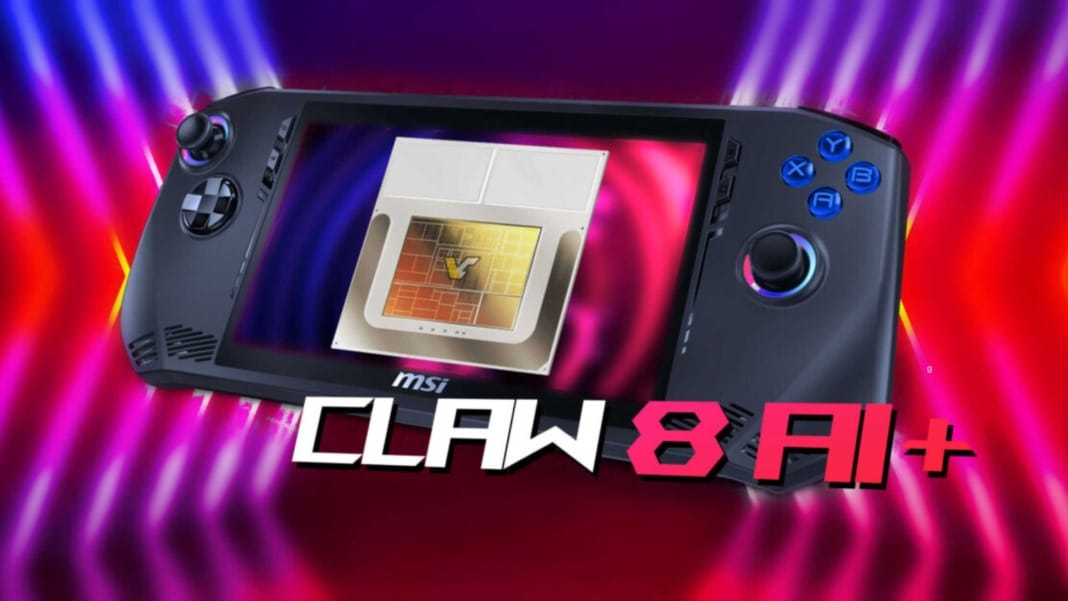Get ready for the next generation of gaming laptops, as Nvidia and AMD are set to introduce devices equipped with Microsoft’s latest AI feature, Copilot Plus. Announced for Qualcomm-powered laptops, these features will soon make their way to Nvidia and AMD machines. During Computex, Nvidia gave a sneak peek into the “RTX AI PC” laptops from Asus and MSI that will eventually support Copilot Plus PC features.
Nvidia’s announcement at Computex
In a recent blog post, Nvidia revealed that the newly announced RTX AI PC laptops from ASUS and MSI would feature up to GeForce RTX 4070 GPUs and power-efficient systems-on-a-chip with Windows 11 AI PC capabilities. Nvidia also confirmed that these laptops would include AMD’s latest Strix CPUs, according to The Verge.
AMD is expected to provide more details on its AMD Strix laptop CPUs during its keynote later today. However, Nvidia hinted that the first AMD-powered Copilot Plus PCs might not immediately support Microsoft’s AI features at launch. Nvidia’s blog post stated that these Windows 11 AI PCs would receive a free update to Copilot+ PC experiences when available. This suggests there might be a delay in rolling out the AI features to AMD chips or a period of exclusivity for the Qualcomm-powered hardware launching on June 18.
The strategic move by Nvidia to stay at the forefront of the AI space is noteworthy, particularly as Microsoft is shifting towards NPUs for AI models. Nvidia is leveraging the capabilities of its GPUs in this AI race, branding its products as “RTX AI laptops” to underline their prowess in handling more complex AI tasks.
New tools for AI development
Nvidia plans to launch an RTX AI Toolkit in June, offering tools and SDKs for model customisation, optimisation, and deployment. These tools are designed to optimise models like Meta’s Llama 2 to run with fewer VRAM requirements and enhanced performance.
Additionally, Nvidia is collaborating with Microsoft to develop AI models integrated into Windows 11. This collaboration aims to provide developers easy access to GPU-accelerated small language models (SLMs) through APIs, enabling retrieval-augmented generation (RAG) capabilities powered by the Windows Copilot Runtime. Nvidia announced that its efforts to accelerate AI models using RTX GPUs would be available in a developer preview later this year.
Microsoft’s Windows Copilot Runtime, introduced at Build last month, is designed to help developers quickly add AI features to their apps, leveraging NPU or GPU hardware for acceleration. Given the performance differences, NPUs currently offer around 40 TOPS. In comparison, Nvidia’s PC GPUs can handle over 1,000 TOPS for AI tasks, so developers have much to consider when choosing between these options. NPUs are ideal for smaller models with high power efficiency in laptops, whereas GPUs are better suited for larger models requiring high performance in desktop PCs.
The future of AI on PCs
The competition in AI-powered PC hardware is heating up, with Nvidia, AMD, Intel, Qualcomm, and their OEM partners vying to deliver the best AI experiences. As Microsoft plays a pivotal role in integrating these capabilities into Windows, the developments in this space will be fascinating to watch.




